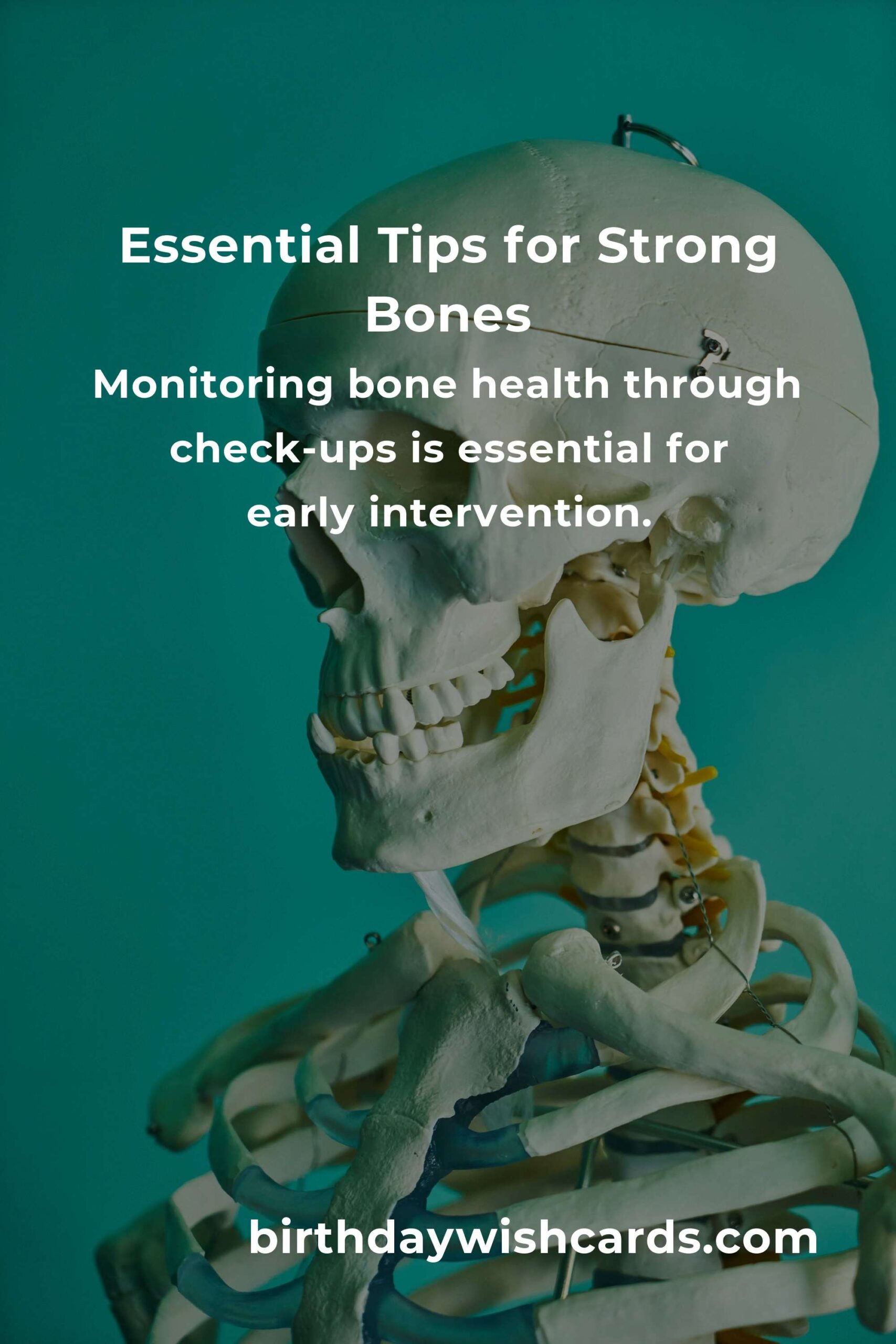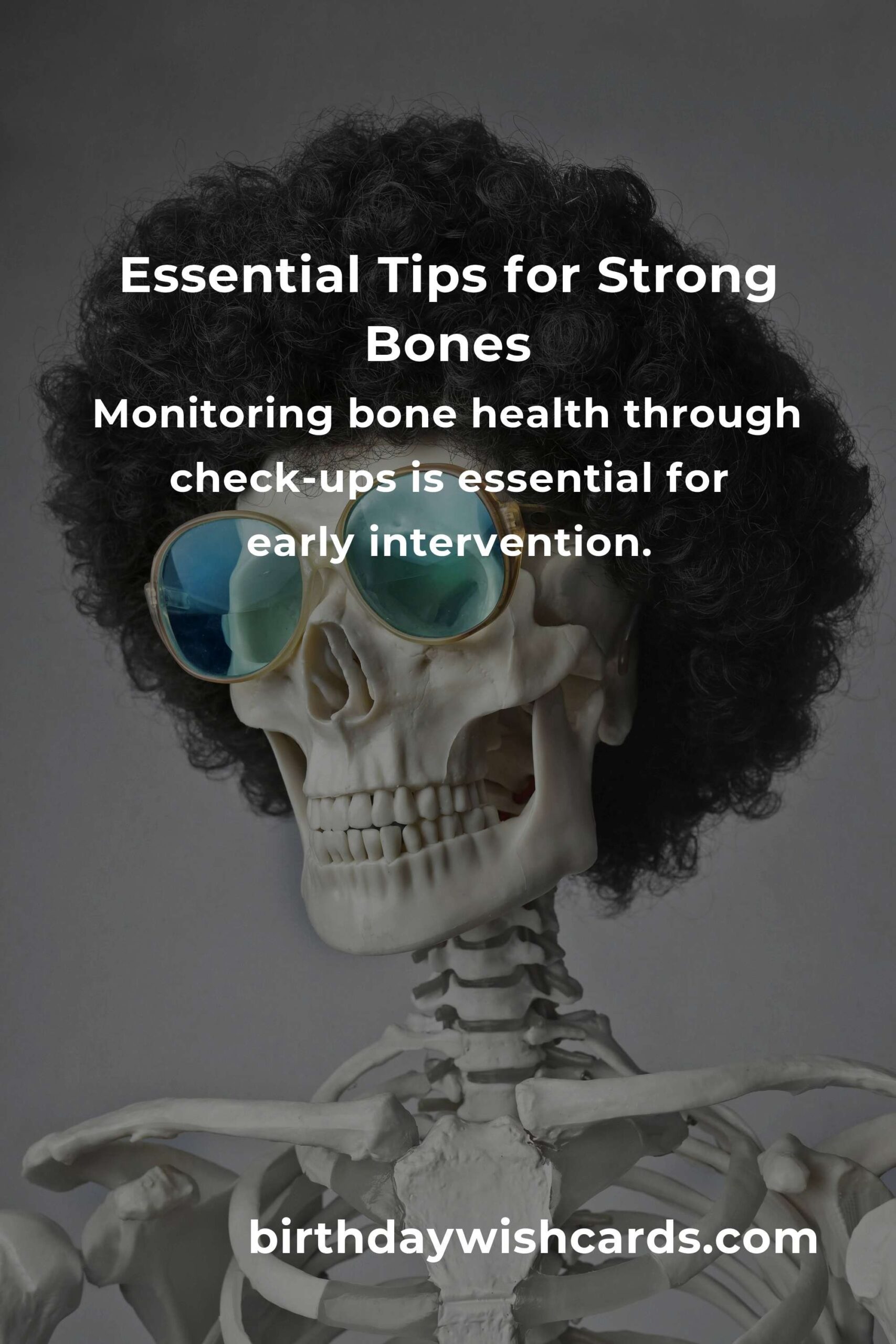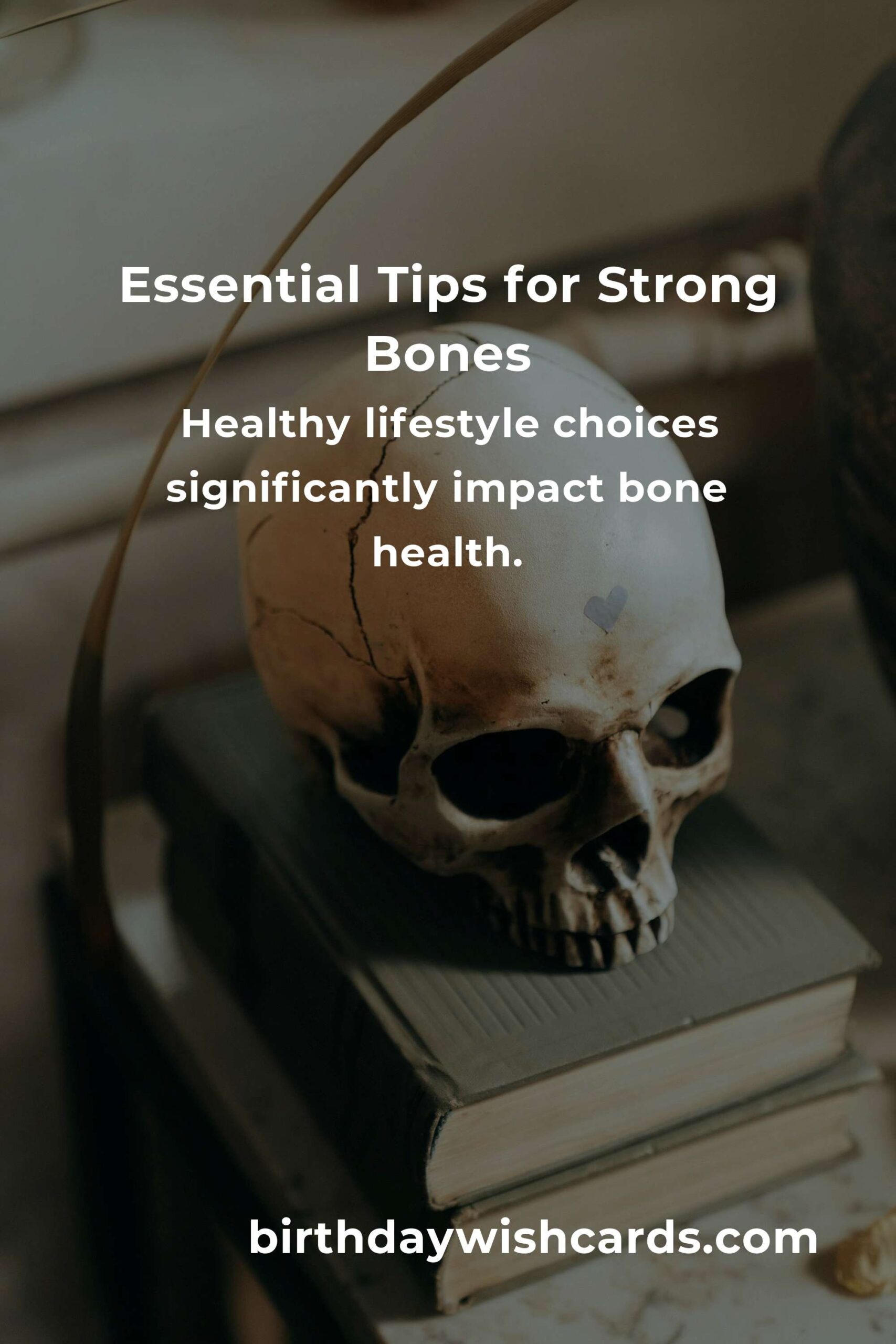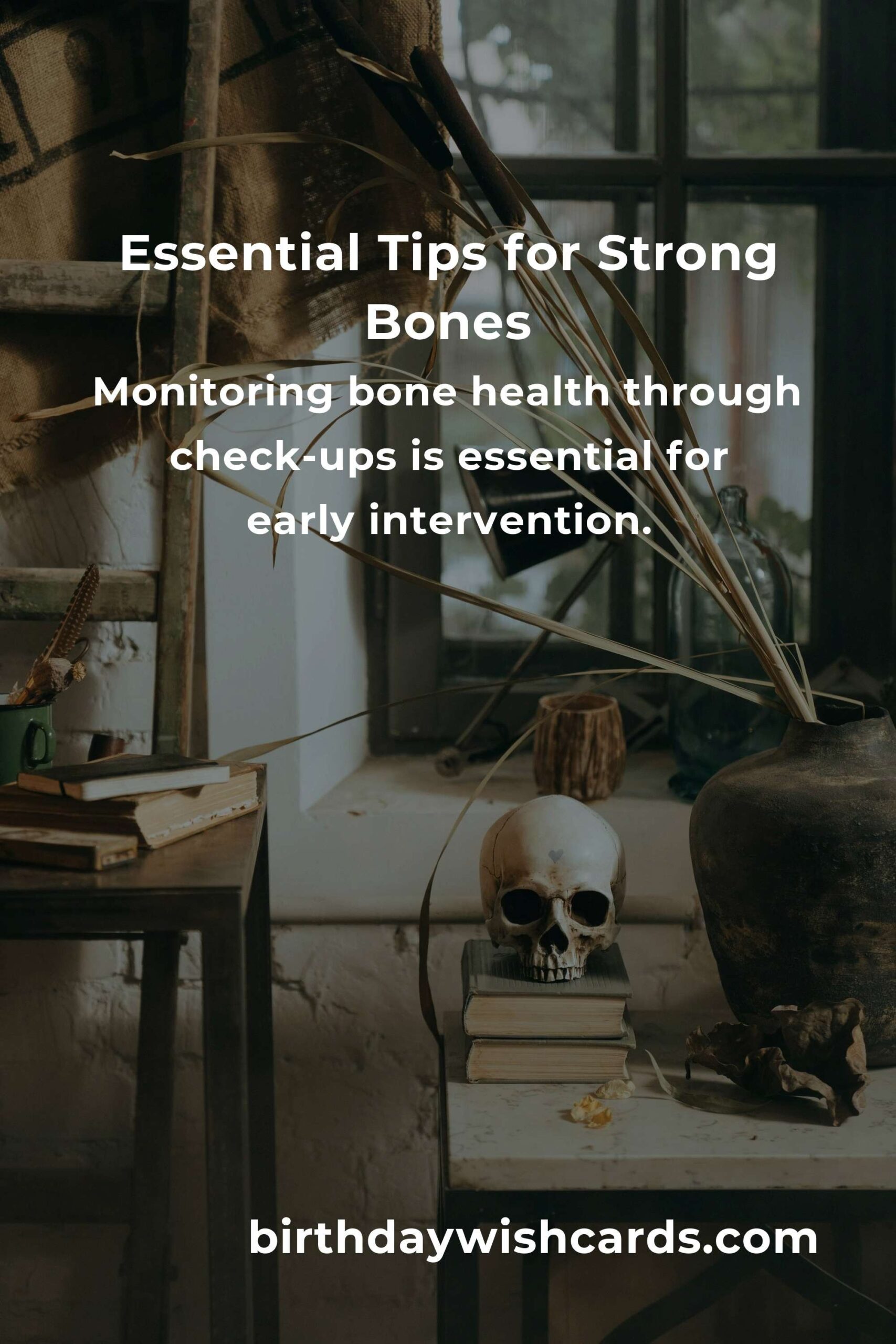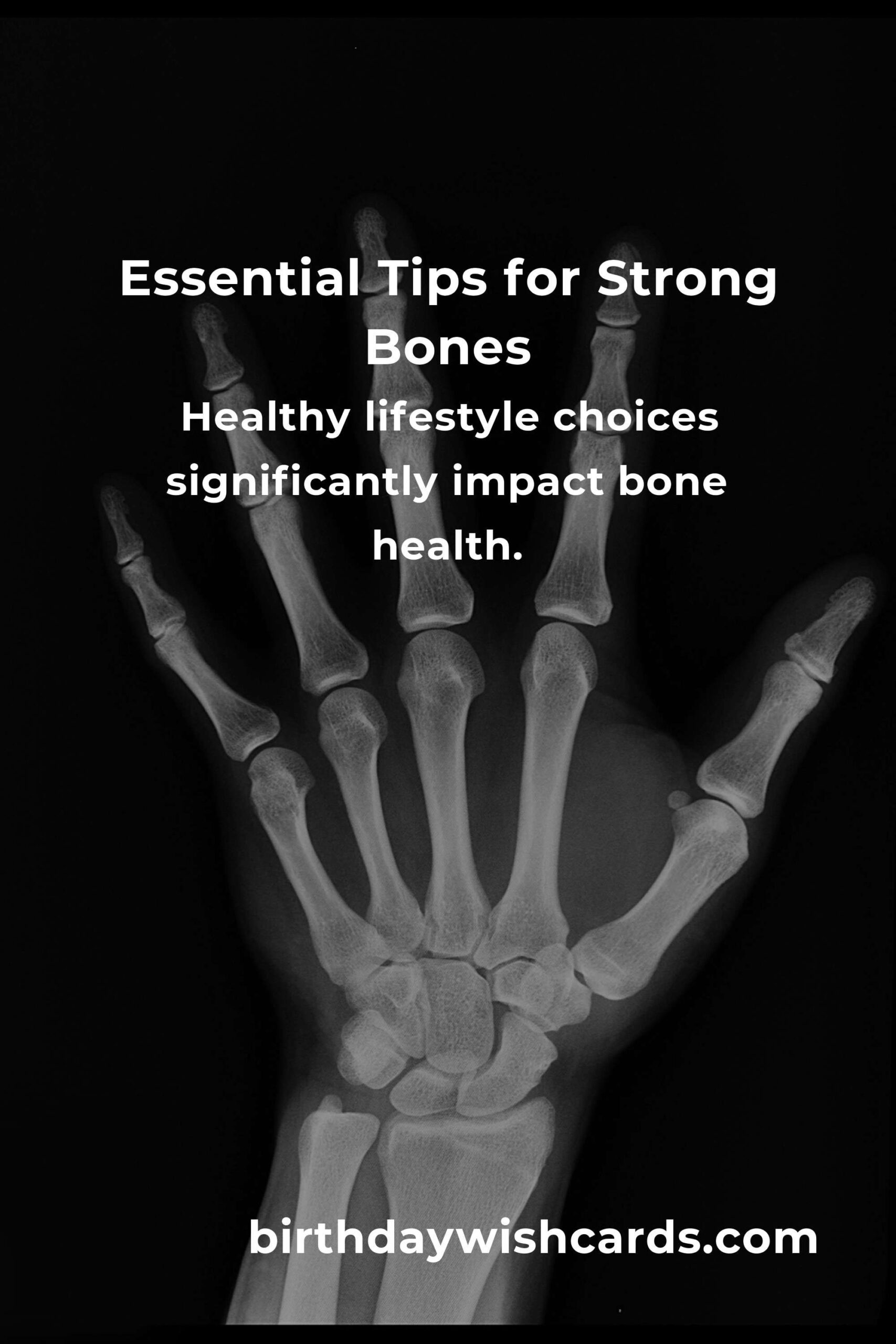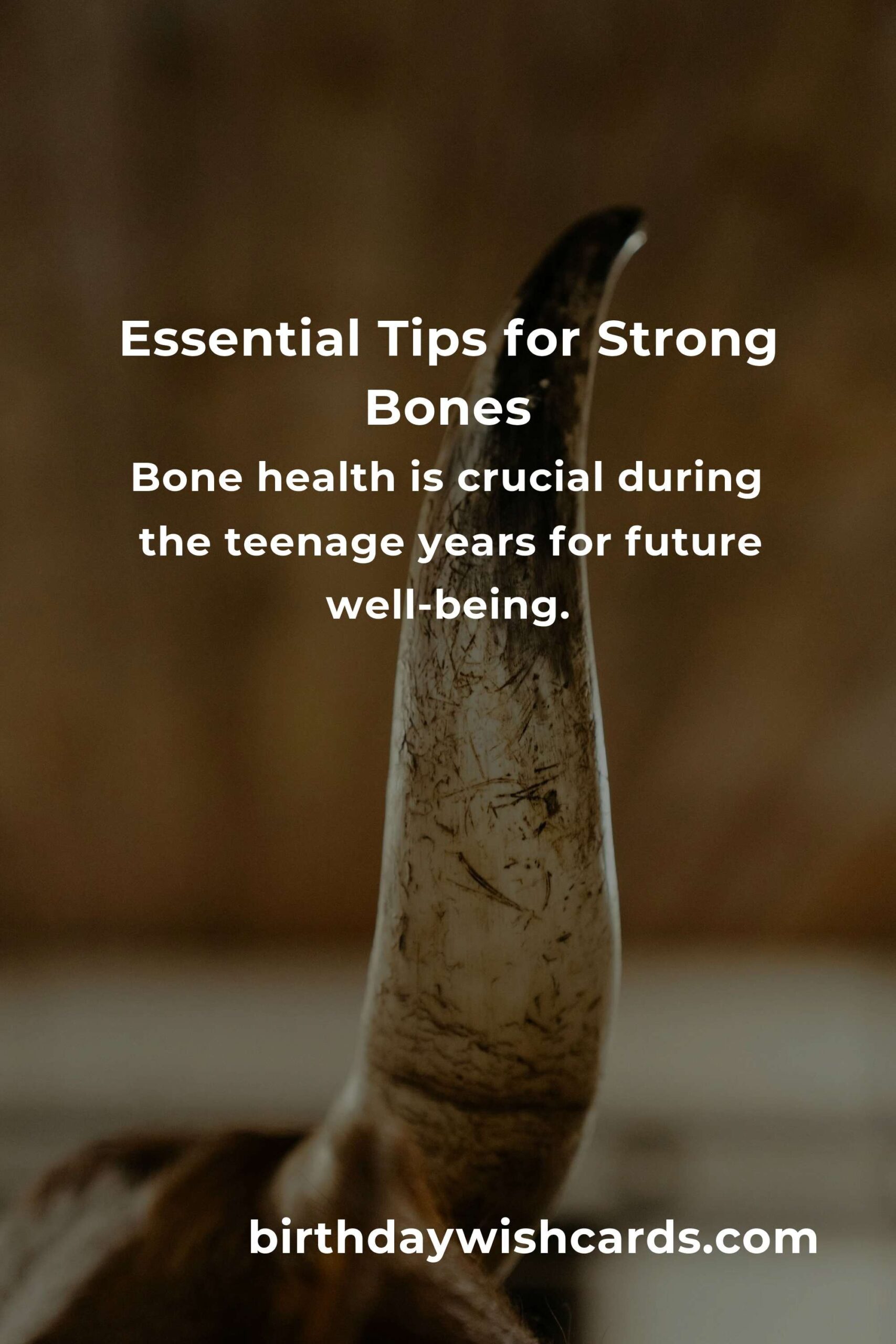
Bone health is crucial, especially during the teenage years, as this is a critical time for bone development. Adolescents experience rapid growth and development, which necessitates a focus on building strong bones. Ensuring optimal bone health in teens can prevent future issues such as osteoporosis and fractures. This article provides an in-depth look at how teens can improve their bone health through diet, exercise, and lifestyle choices.
Understanding Bone Health
First, it’s essential to understand what bone health entails. Bones are living tissues that constantly renew themselves, and during the teenage years, the body builds up bone mass. By the age of 20, most individuals reach their peak bone mass, making it critical for teens to maximize their bone growth during these years.
Nutrition for Bone Health
Nutrition plays a vital role in bone health. Calcium and vitamin D are particularly important as they are the building blocks for bone development. Teens should aim to consume foods rich in calcium, such as dairy products, leafy greens, and fortified foods. Vitamin D, which helps the body absorb calcium, can be obtained from sunlight exposure, fatty fish, and fortified foods.
Protein is another essential nutrient for bone health. It supports bone structure and strength. Teens should include a variety of protein sources like lean meats, beans, and nuts in their diet. Additionally, a balanced diet rich in fruits and vegetables provides essential vitamins and minerals that contribute to overall bone health.
Physical Activity and Bone Strength
Regular physical activity is crucial for building and maintaining strong bones. Weight-bearing exercises, such as walking, running, and sports like basketball or soccer, are particularly beneficial. These activities help build bone density and strength. Encouraging teens to engage in at least 60 minutes of physical activity daily can significantly improve their bone health.
Healthy Lifestyle Choices
Aside from diet and exercise, other lifestyle choices can impact bone health. For instance, avoiding smoking and excessive alcohol consumption is essential, as these can weaken bone structure. Additionally, maintaining a healthy weight is crucial, as being underweight or overweight can negatively affect bone health.
Supplements and Bone Health
In some cases, teens may need supplements to meet their nutritional needs. A healthcare provider can recommend calcium or vitamin D supplements if dietary intake is insufficient. However, it’s essential to consult a healthcare professional before starting any supplement regimen.
Monitoring Bone Health
Regular health check-ups can help monitor bone health. Healthcare providers can assess bone density and provide guidance on maintaining or improving bone strength. Early detection of any bone health issues can lead to timely interventions.
Conclusion
Improving bone health in teens is a multifaceted approach that involves proper nutrition, regular physical activity, and healthy lifestyle choices. By focusing on these areas, teens can build a strong foundation for their future bone health, reducing the risk of osteoporosis and fractures later in life. Parents and caregivers play a crucial role in guiding and supporting teens in making bone-healthy choices.
Bone health is crucial during the teenage years for future well-being.
Calcium and vitamin D are vital nutrients for bone development.
Regular physical activity helps build and maintain strong bones.
Healthy lifestyle choices significantly impact bone health.
Monitoring bone health through check-ups is essential for early intervention.
#BoneHealth #Teens #Nutrition #Exercise #HealthyLifestyle




